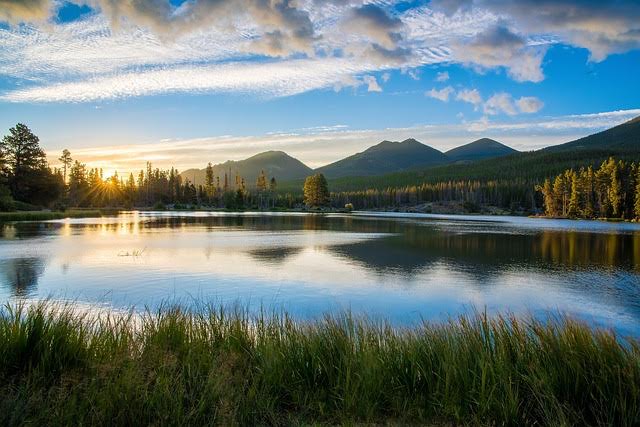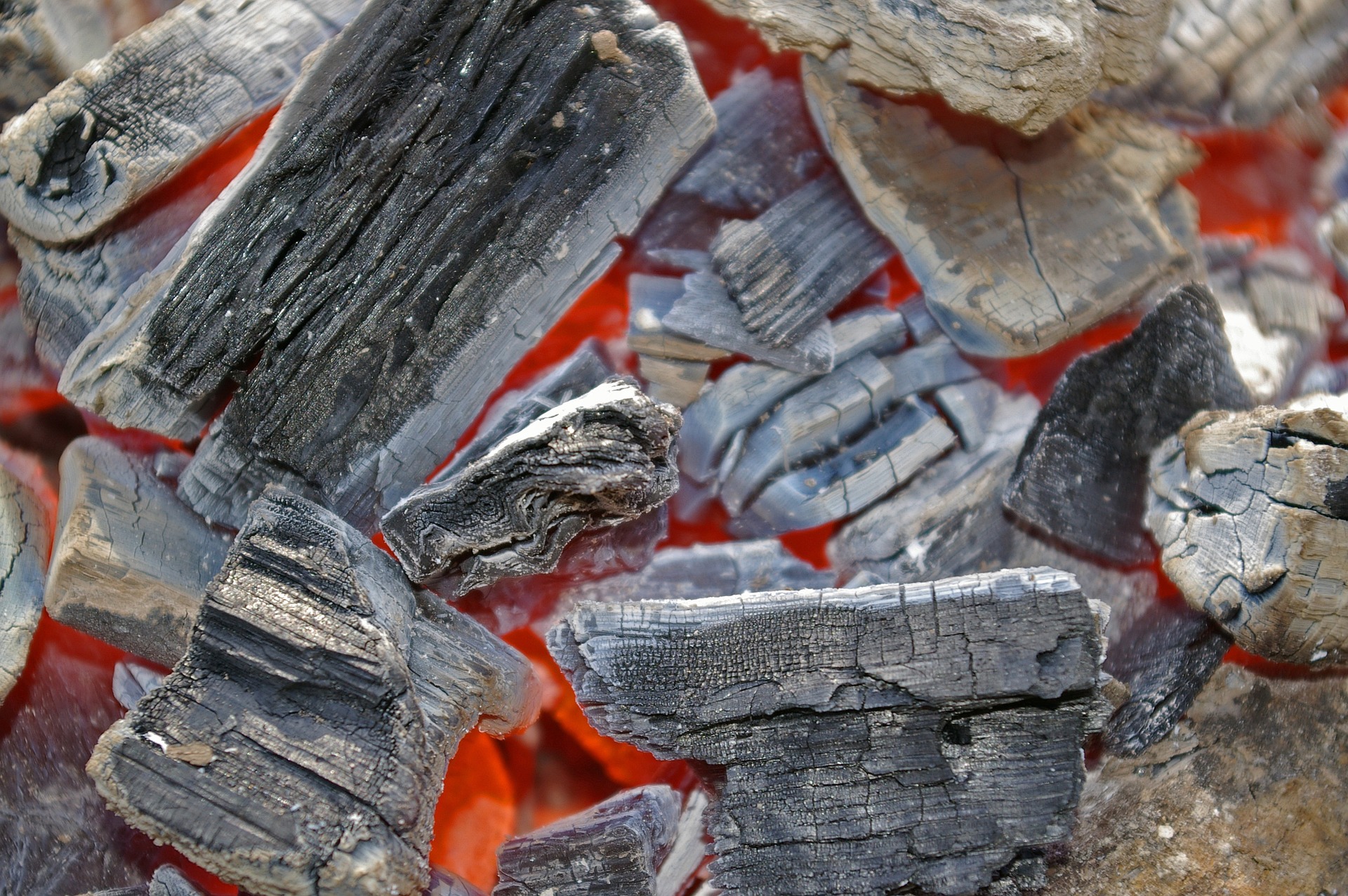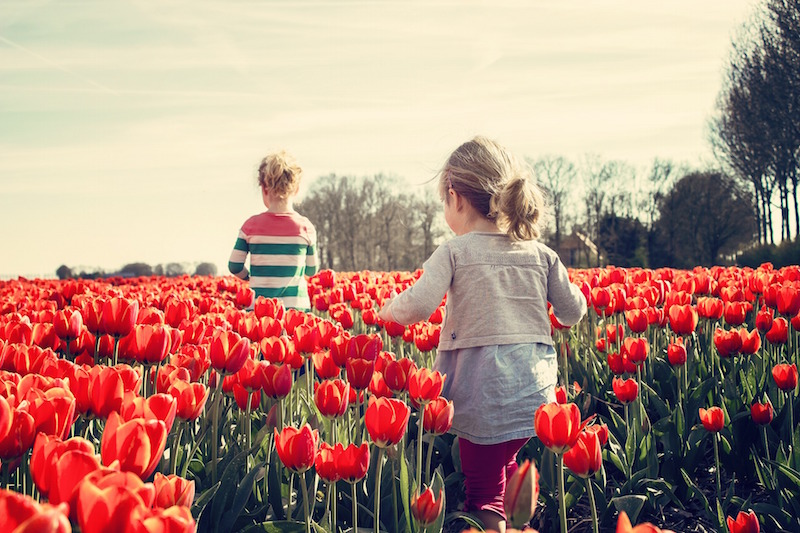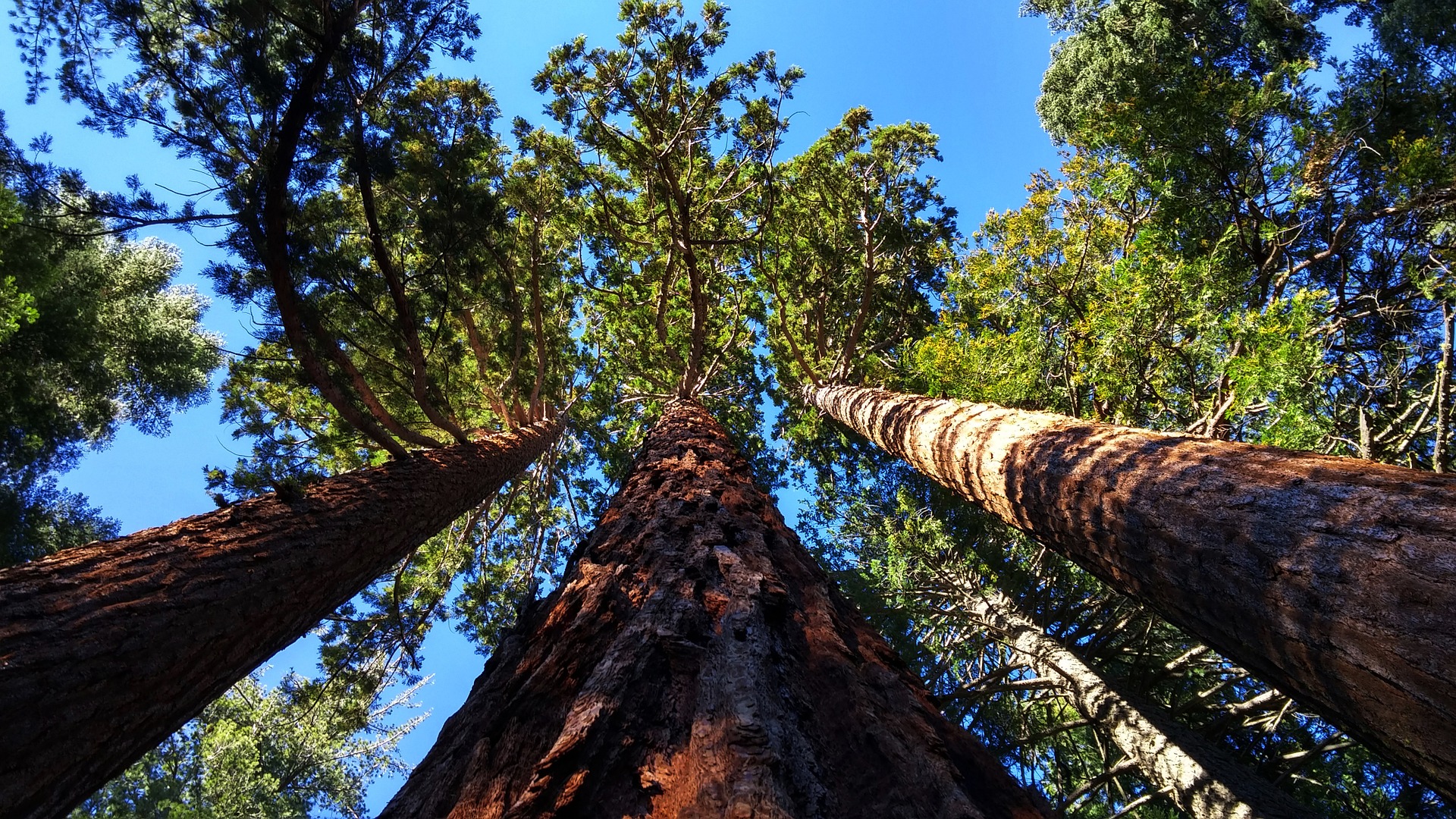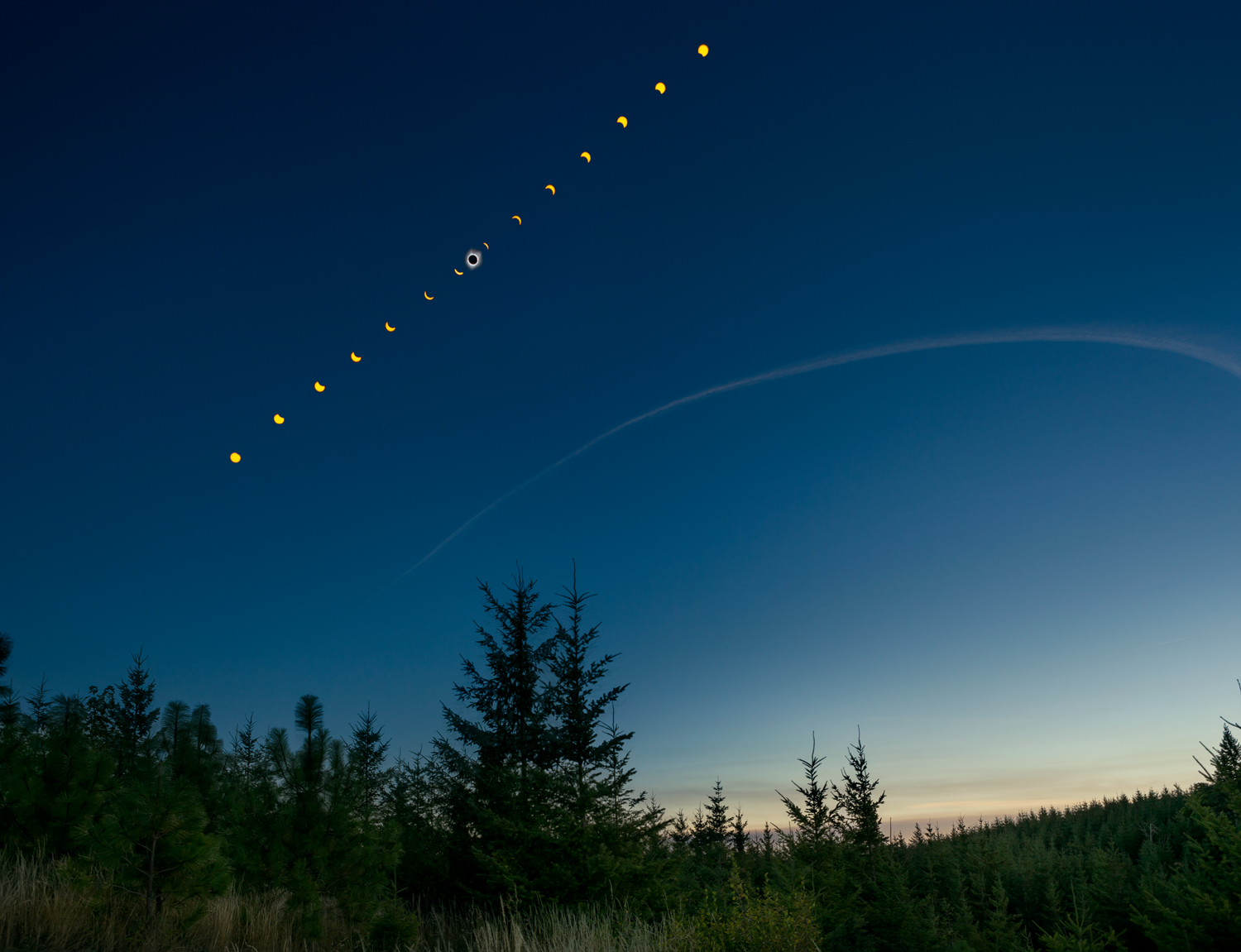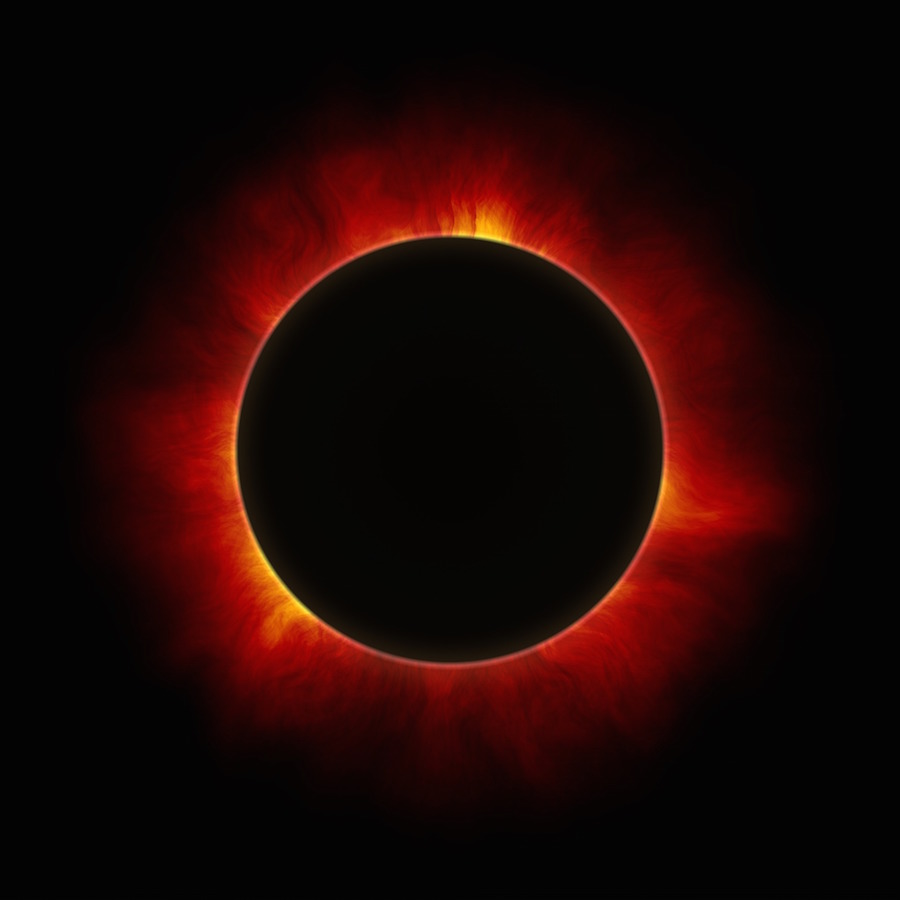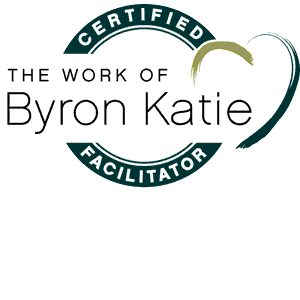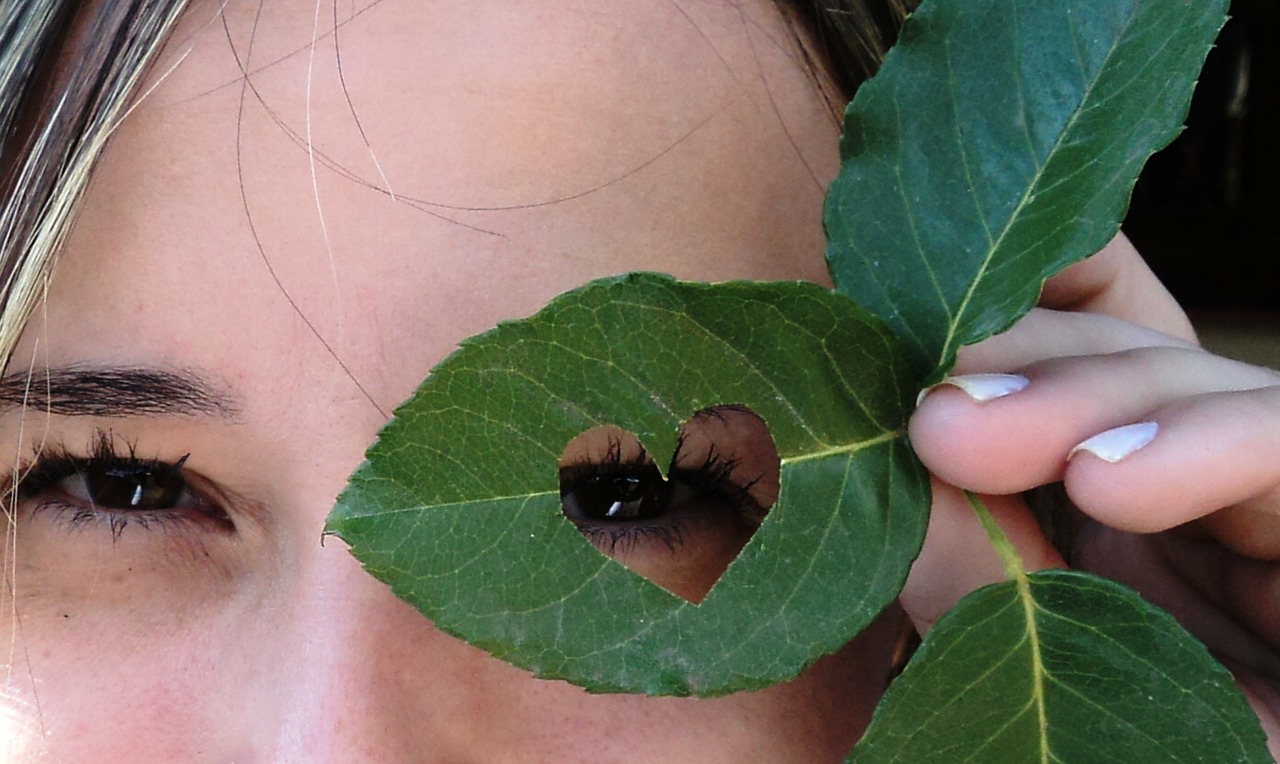
Open my eyes that I may see / Glimpses of truth thou hast for me.
Place in my hands the wonderful key / that will unclasp and set me free.
Open my eyes. Illumine me. Spirit Divine!
These words, along with the very old tune, haunt me once again, refusing to let go until I listen. It’s a familiar evocation that has become a sound track of my life’s changes. There’s the quiet comfort of a childhood hymn, embedded even before thought or awareness. I sit in humbled silence, grateful that, on this somewhat rare occasion, most of the words and messages of my Southern Baptist past aren’t requiring a lot of translation to speak to my soul as it is now.
It’s a birthday and a passage for me as I begin my (yikes!) eighth decade of life. I’m spending a couple of days in solitude, on a seaside personal retreat. And then there’s the tune, paired with a certain deep plea of the heart. I feel humbled by the resonance of it. And then so many memories kick in, cataloguing the incidents of the past when the song came to me as a prayer at different stages and ages of life.. I’m momentarily grateful that I still have a memory for this reason alone. And when I don’t, I’m grateful for my sidekick Google, who’s always waiting nearby for a new case to solve. I’m amazed to discover the hymn, over 130 years old, was written by Clara H. Scott, the first woman to publish a hymnal.
My mother would be so proud, I think. She died last year, but for years she was way ahead of me when it came to feminism and hymns (or religion, for that matter). When she got involved in the “inclusive lyrics” movement for church songs, I had left all of it far behind, all of the crap from my childhood religion. Or so I thought. Years later, sitting by the ocean with the refrain wafting through the sounds of the waves, without my mother’s living presence in my life, I’m not so sure.
There’s a glimpse of the truth of the first stanza. I think about how meditation and inquiry have unclasped and set me free during the last decade. I think of all the ways I have come to understand at the deepest levels the true inner workings of the stories and scriptures and prayers of my childhood. As I sit in contemplative silence on this momentous birthday, I notice the unique (and yet universal) presence of Spirit, at all ages and stages. Always there, when I notice it.
And then the very last stanza pops into my mind. I realize I don’t even need to know what to call it or where it comes from, that voice of truth, but I celebrate it by singing aloud a song from my soul to the sea in front of me:
Silently now I wait for thee,
ready my God, thy will to see.
Open my eyes…ears… heart,
illumine me, Spirit divine!
An invocation. An intention. A celebration.
A prayer for a decade.
